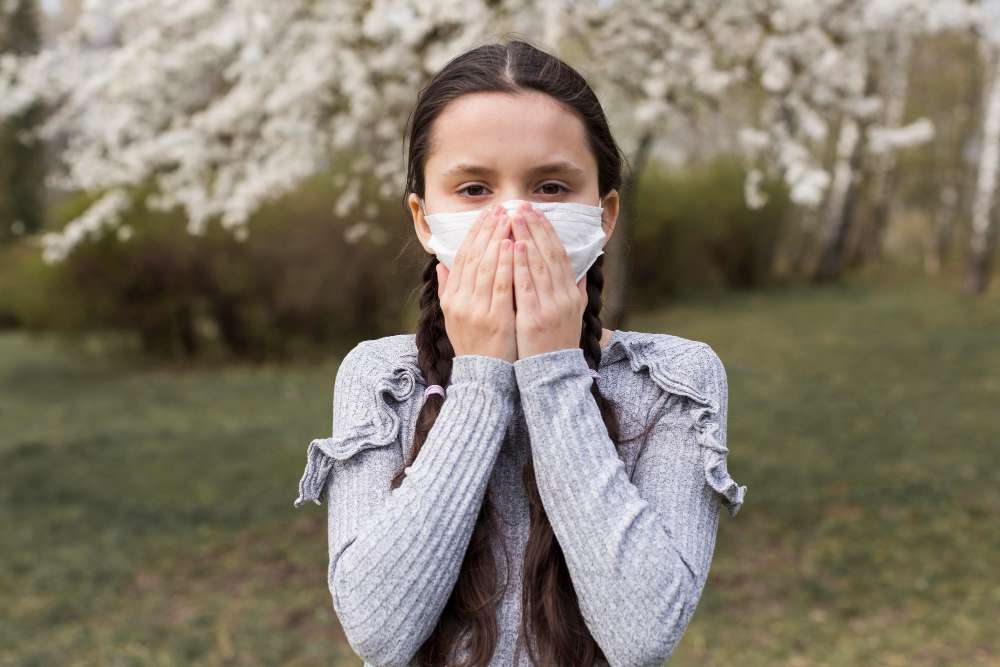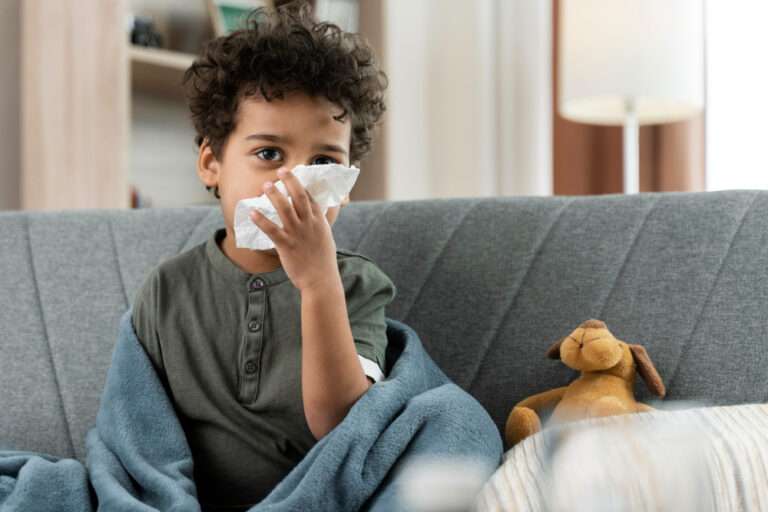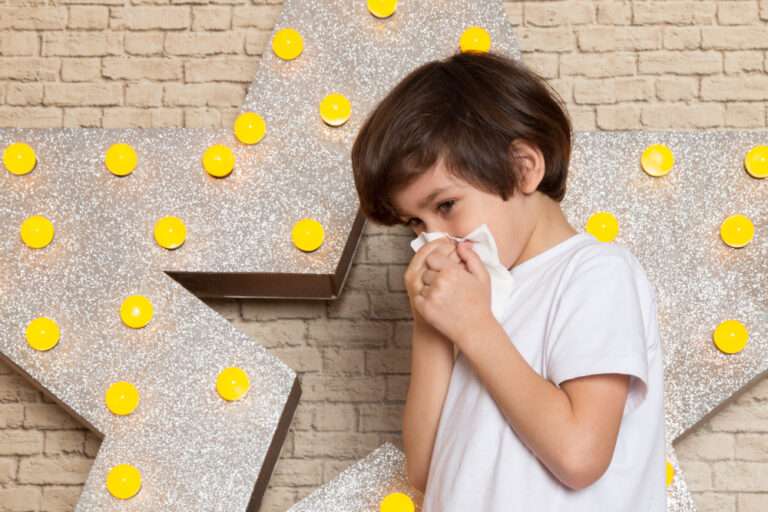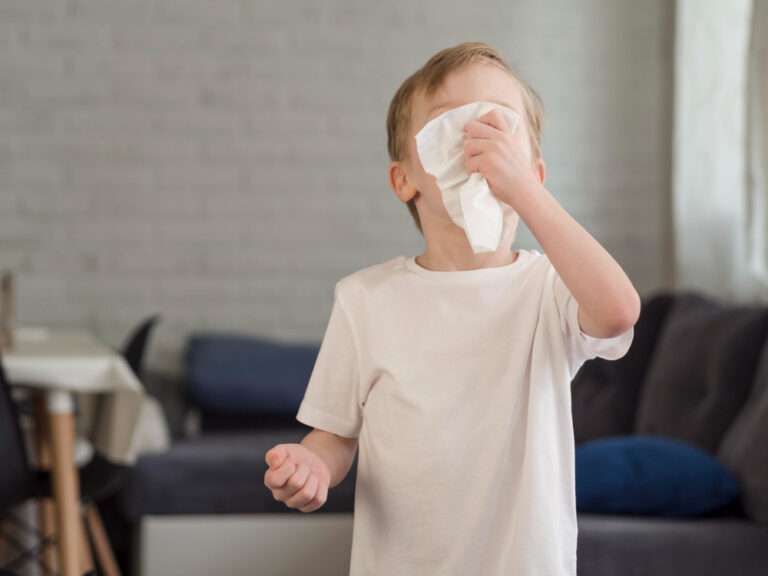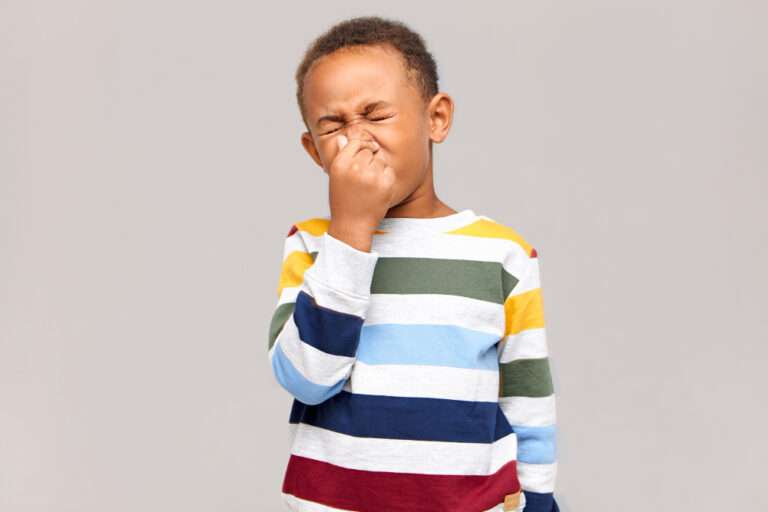Pollen allergies
Pollen allergies, often referred to as “hay fever” or allergic rhinitis, are among the most common types of allergies. They occur when an individual’s immune system overreacts to pollen from trees, grasses, and weeds. This results in the body producing chemicals, such as histamine, which lead to allergy symptoms.
Symptoms of Pollen Allergies: Common symptoms include:
- Runny or stuffy nose
- Sneezing
- Itchy or watery eyes
- Itchy throat or ears
- Cough
- Fatigue (often due to disrupted sleep caused by symptoms)
- Swollen, blue-colored skin under the eyes (allergic shiners)
- Postnasal drip
Common Pollen Allergens:
- Trees: Oak, pine, birch, cedar, maple, and alder.
- Grasses: Bermuda, Kentucky bluegrass, rye, fescue, and Timothy.
- Weeds: Ragweed, sagebrush, lamb’s quarters, and English plantain.
Diagnosis: If you suspect you have pollen allergies, it’s essential to see an allergist. They can confirm the diagnosis and pinpoint the specific pollen causing the reaction through:
Management and Treatment:
- Avoidance: The best way to prevent symptoms is to avoid the allergen. This can be done by:
- Staying indoors during peak pollen times (often early morning).
- Keeping windows closed and using air conditioning during the pollen season.
- Showering and changing clothes after being outside.
- Avoiding outdoor activities on windy days when pollen is dispersed.
- Medications: There are various over-the-counter and prescription medications that can help alleviate symptoms, including:
- Antihistamines (e.g., cetirizine, loratadine)
- Decongestants (e.g., pseudoephedrine)
- Nasal corticosteroids (e.g., fluticasone, budesonide)
- Leukotriene modifiers (e.g., montelukast)
- Eye drops for allergic conjunctivitis
- Nasal irrigation solutions
- Allergy Shots (Immunotherapy): This treatment involves receiving regular injections of the allergen, administered in increasing dosages and then maintenance doses, to help the body become less sensitive to the substance.
- Sublingual Immunotherapy: This involves placing a tablet containing the allergen under the tongue daily.
Forecasting: Many meteorological services provide daily pollen counts, especially during peak pollen seasons. Monitoring these can help individuals with allergies plan their activities.
Conclusion: Pollen allergies can significantly affect the quality of life, but with the right management and treatments, symptoms can be controlled. If you think you have a pollen allergy, consulting with an allergist or immunologist can provide a clearer diagnosis and personalized treatment plan.
------------From our Sponsors------------

